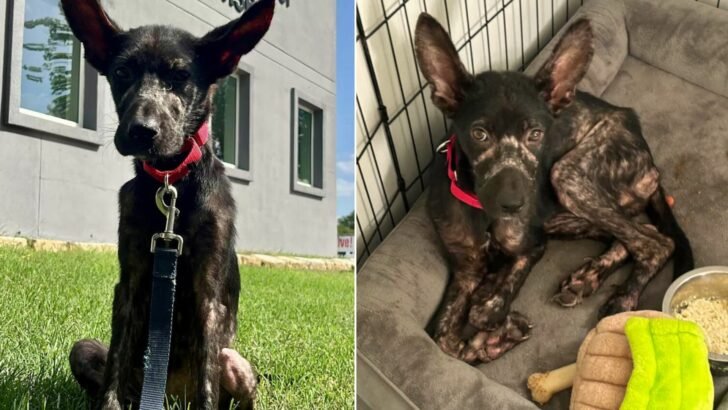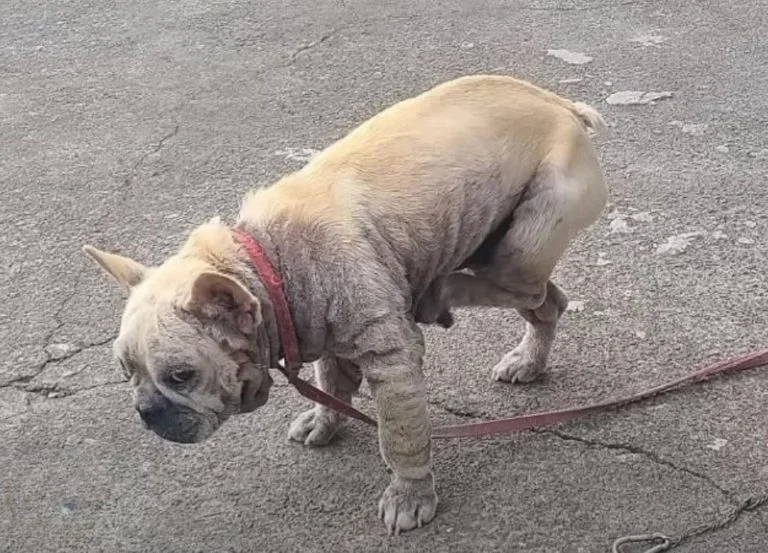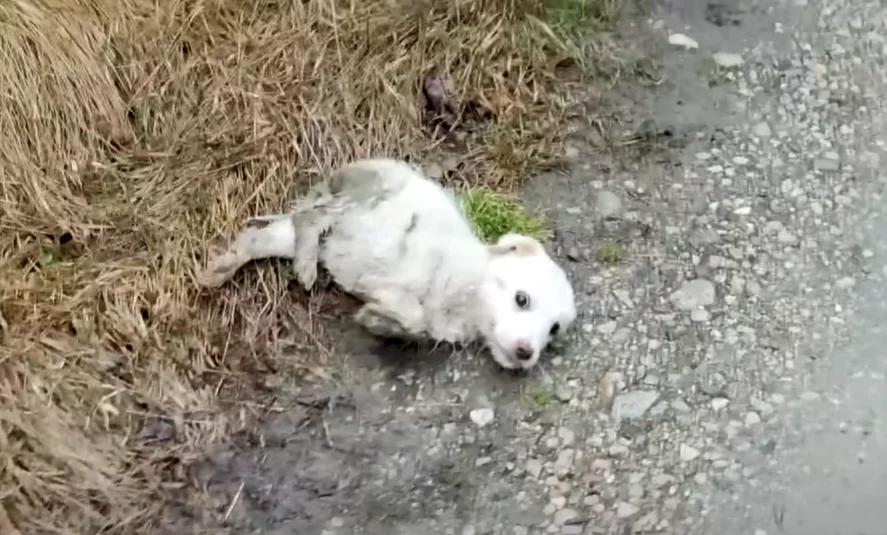Why Does My Dog Lick the Air?
Have you ever caught your dog licking the air for no apparent reason? While it might seem like a quirky behavior, it could actually indicate an underlying issue. As a responsible pet owner, it’s important to understand why your dog engages in this behavior and how to address it.

In this article, we’ll explore possible reasons behind why dogs lick the air and discuss how to monitor and observe your dog’s behavior to identify any potential health issues. We’ll also offer tips for managing and preventing air-licking behavior to help keep your furry friend happy and healthy.
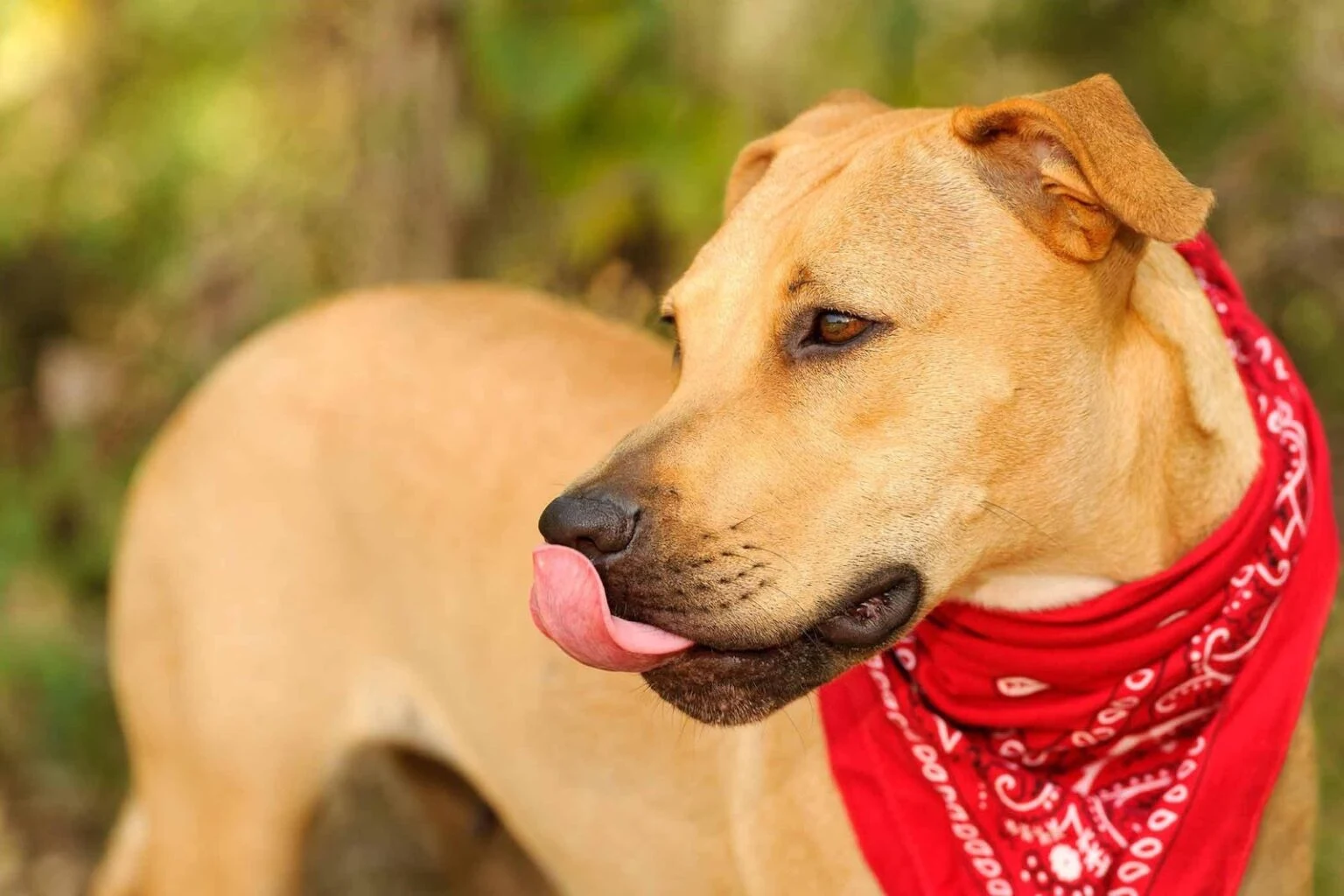
Understanding Your Dog’s Behavior
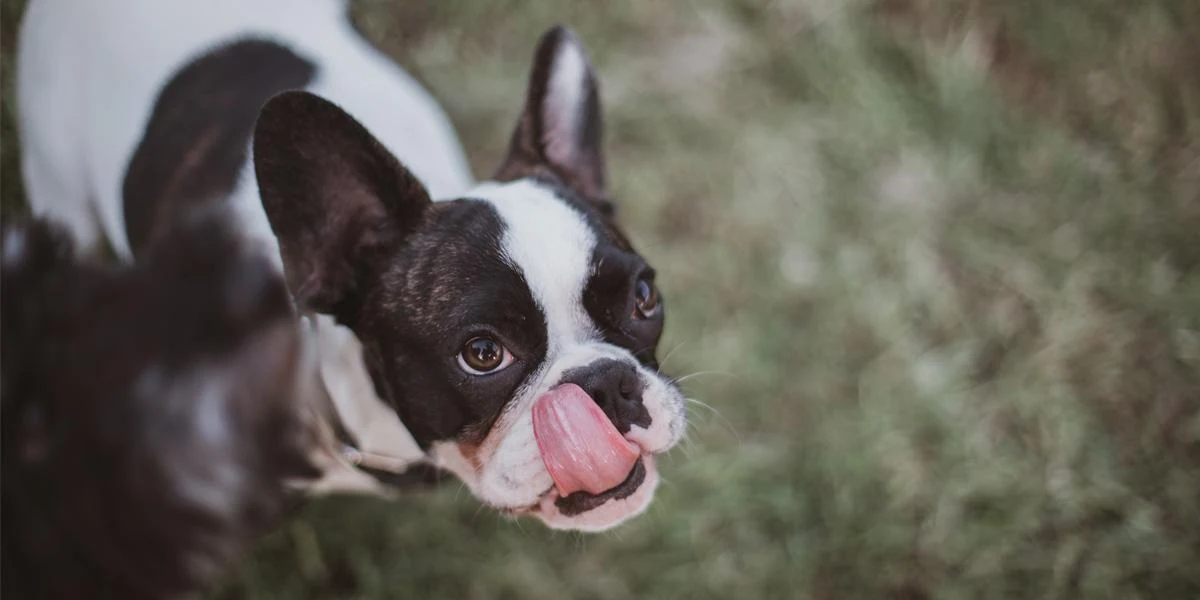
If you’re curious about why your dog licks the air, understanding this behavior can provide valuable insights. Dogs use various forms of communication to express their emotions and needs, and air-licking can be one of them.
Air-licking can have multiple explanations depending on the context. For instance, if your dog licks the air after eating or drinking, it might be due to indigestion or discomfort. If they do it while focusing on something, it could be a response to anxiety or excitement. Identifying these triggers can help you address any underlying issues and prevent undesirable behaviors.
Training techniques can also help manage air-licking behavior. Redirecting your dog’s attention to other activities when they start licking the air excessively can help break the habit. Positive reinforcement, such as treats and praise, can encourage more desirable behaviors and reduce excessive air-licking.
Possible Explanations for Air Licking
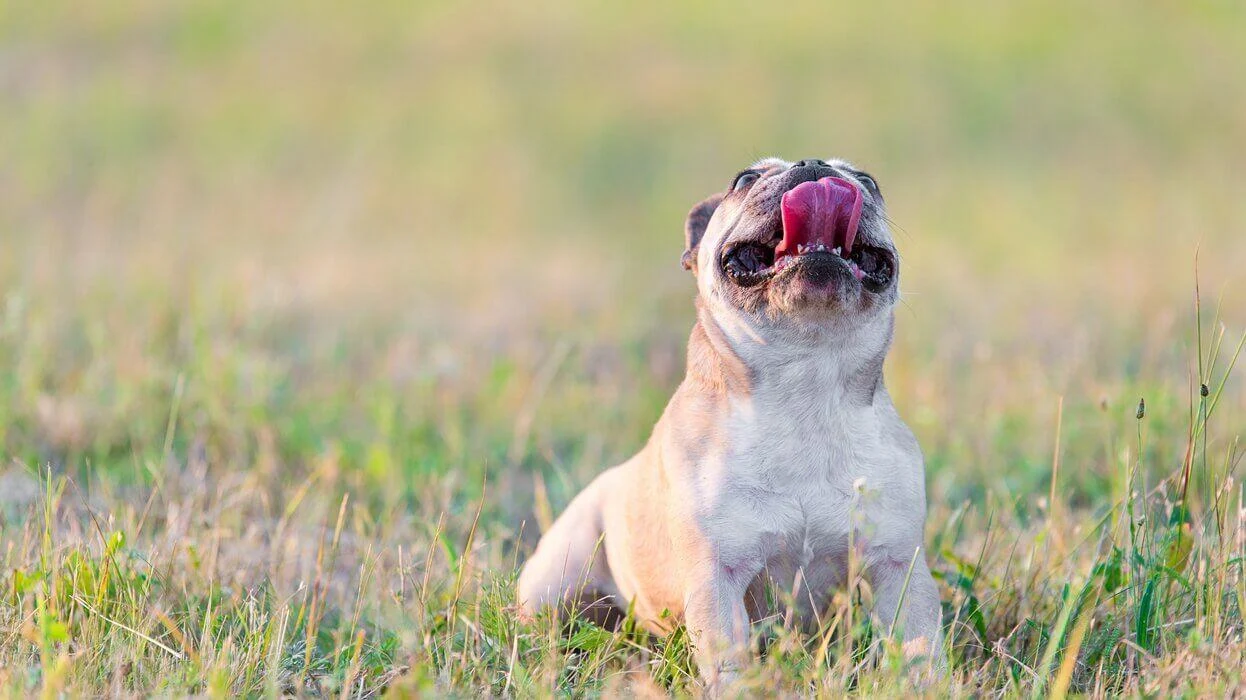
Several factors could explain why your dog licks the air:
1. Trying to Catch a Scent: Dogs have an exceptional sense of smell and use their tongues to gather information about their environment. When your dog licks the air, they might be trying to catch a scent or identify new smells. This behavior is particularly common when they encounter new environments or other animals.
2. Experiencing Pleasure or Satisfaction: Sometimes, dogs lick the air as a sign of pleasure. If your dog has just eaten something they enjoyed or is receiving affection, they might lick the air as a way to prolong those positive feelings. Observing their body language, such as a wagging tail or relaxed posture, can help determine if they’re experiencing pleasure.
3. Nervousness or Anxiety: Excessive air-licking can also be a sign of anxiety or stress. Dogs may use this behavior as a coping mechanism when they’re feeling overwhelmed. If your dog is licking the air excessively and showing other signs of distress, it’s important to address their anxiety and provide a secure environment.
Signs of Underlying Health Issues
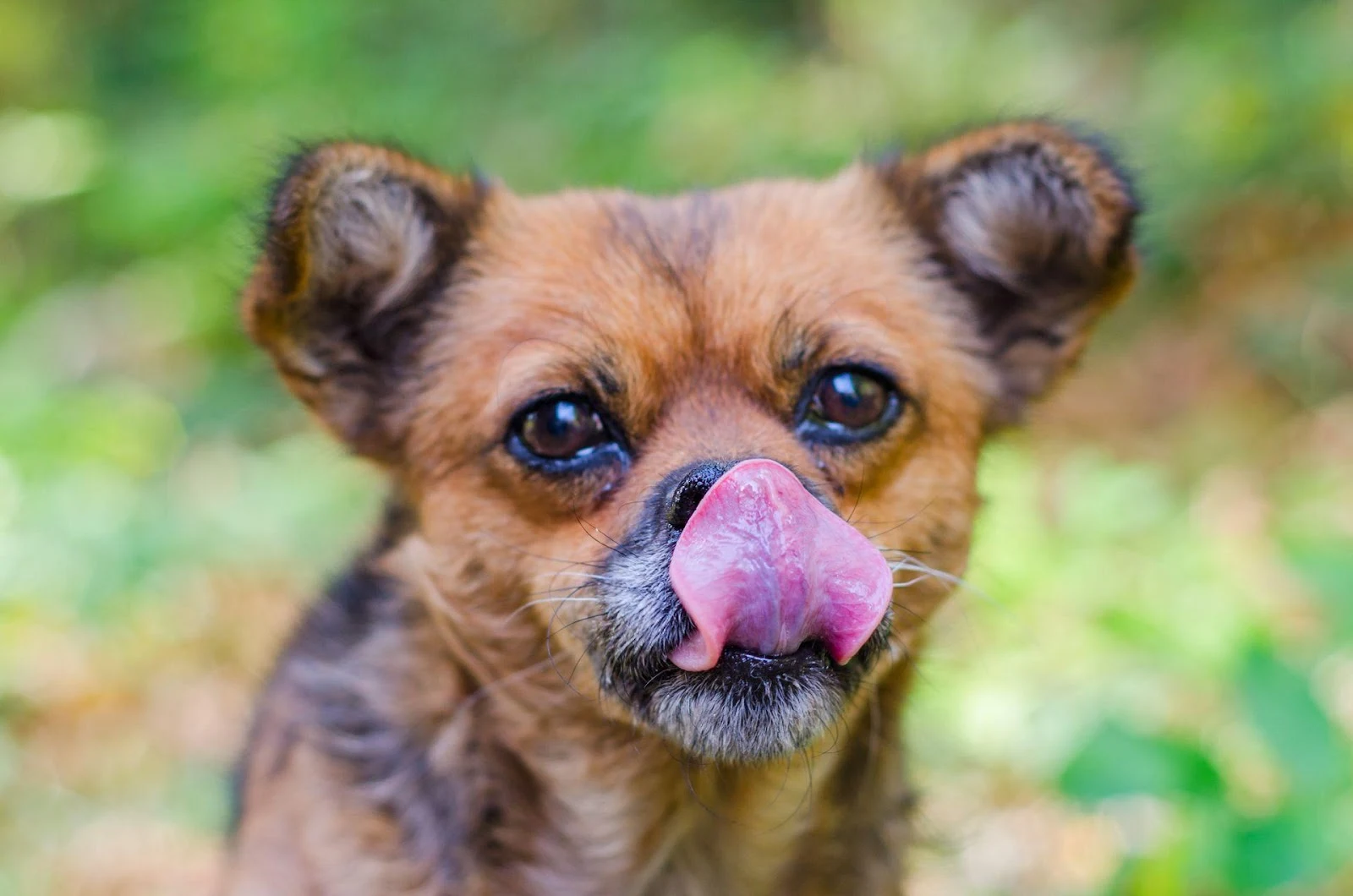
Persistent air-licking could signal underlying health problems. Here are some signs to watch for:
– Digestive Problems: Conditions like acid reflux or bloating might cause air-licking as a way to alleviate discomfort.
– Dental Problems: Pain from tooth decay or gum disease can lead to air-licking.
– Neurological Conditions: Repetitive behaviors, including air-licking, can sometimes indicate neurological disorders.
If you notice these signs along with excessive air-licking, consult your veterinarian to rule out any health issues. Early diagnosis and treatment can improve your dog’s overall well-being.
How to Monitor and Observe Your Dog’s Behavior
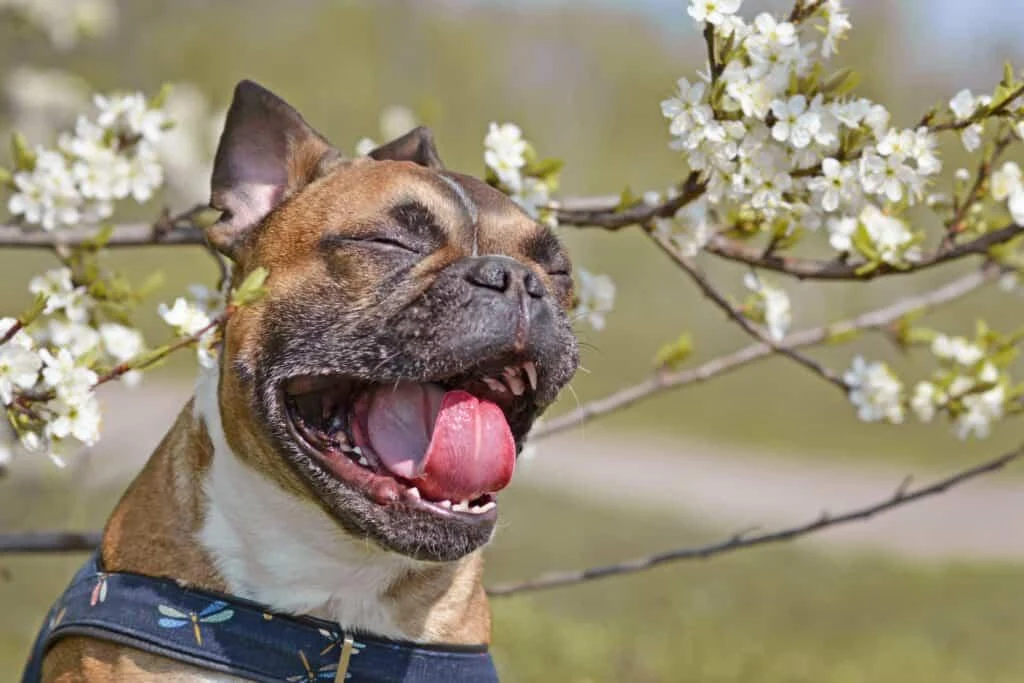
To effectively monitor your dog’s health, pay close attention to their daily habits and routines. Track their eating and sleeping patterns, and observe any changes in their behavior. For example, excessive panting or reluctance to move could indicate health problems.
Establish a consistent routine for feeding and exercise, and watch for any changes in appetite or energy levels. If you notice any concerning changes, seek veterinary assistance promptly. Early intervention is key to ensuring your dog’s health and happiness.
When to Seek Veterinary Assistance
Knowing when to seek veterinary help is crucial. Frequent air-licking, especially if accompanied by symptoms like drooling, vomiting, or diarrhea, may require immediate attention. If you’ve ruled out common triggers like anxiety or boredom and your dog continues to exhibit this behavior, consult a veterinarian. They can perform diagnostic tests and provide appropriate treatment.
Tips for Preventing and Managing Air Licking
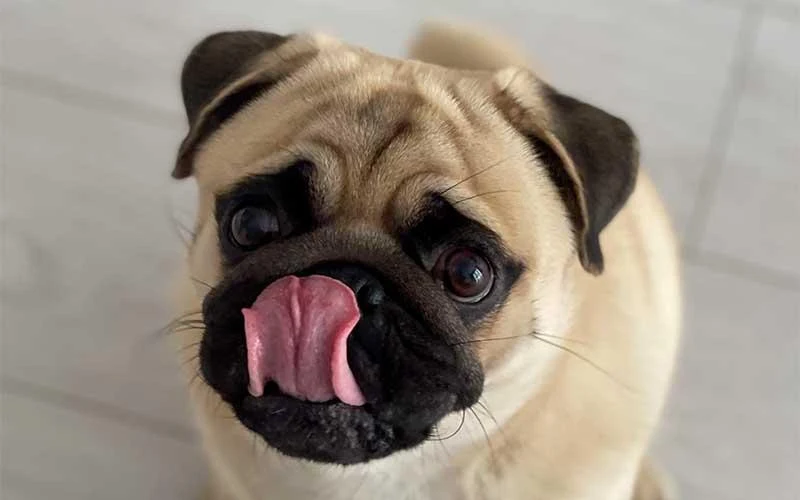
To manage and prevent air-licking behavior, consider these tips:
– Provide Regular Exercise: Daily walks and playtime can help reduce anxiety and stress, which are common triggers for air-licking.
– Create a Calm Environment: Minimize exposure to loud noises or startling stimuli that may trigger air-licking.
– Use Training Techniques: Redirect your dog’s attention to positive activities and use obedience commands to interrupt unwanted behavior.
– Offer Enrichment: Engage your dog with interactive toys and puzzle feeders to keep them mentally stimulated and prevent boredom.
Conclusion
Understanding why your dog licks the air can help you address their behavior and ensure their well-being. By monitoring their actions and consulting with a veterinarian if needed, you can identify and manage any underlying issues. With the right approach, you can improve your dog’s quality of life and strengthen your bond with them.


